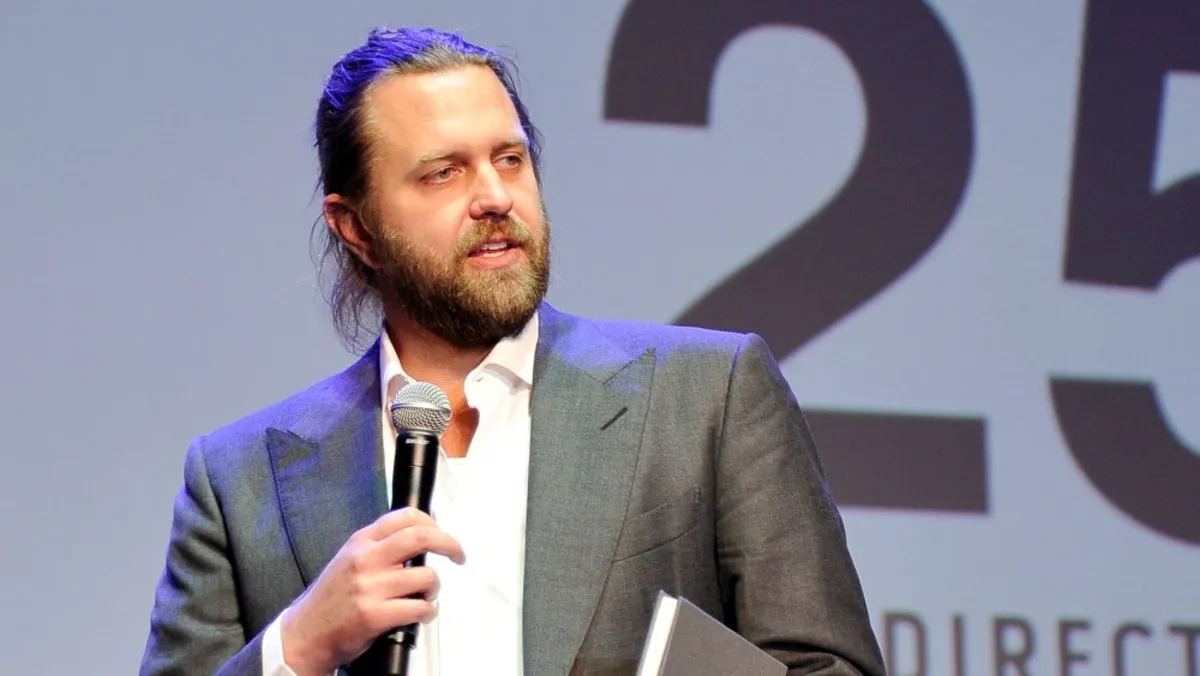
In a shocking turn of events, director Carl Erik Rinsch has been indicted on serious charges of fraud and money laundering. The allegations suggest that Rinsch misappropriated a staggering $11 million from Netflix and diverted the funds towards extravagant purchases, including luxury cars, antique furniture, and even high-end mattresses. The indictment claims that Rinsch demanded these funds under the pretense of completing his ambitious science fiction TV series, "White Horse," which ultimately remained unfinished.
According to the indictment, Rinsch, 47, allegedly used the funds for a series of extremely risky investments, lavish stays at the Four Seasons, and costly legal fees to sue Netflix after the project's collapse. He was arrested on Tuesday in West Hollywood, as confirmed by the U.S. Attorney’s Office for the Southern District of New York. Netflix has opted not to comment on the matter.
The troubling allegations first surfaced in a New York Times report from November 2023, and were further elaborated in a lengthy arbitration ruling that became public last August. In that ruling, an arbitrator mandated Rinsch to repay $11.8 million, a decision that was later upheld by a Los Angeles Superior Court judge in November.
Rinsch pitched the series, also known as "Conquest," to Netflix executives, including Cindy Holland, who was then the VP of original content, back in January 2018. With financial backing from acclaimed actor Keanu Reeves, who acted as his mentor, Rinsch managed to produce six short episodes and a three-minute trailer. As a result, Netflix agreed to invest $44 million to acquire the series and oversee the production of its first season, setting a filming schedule across various locations including Kenya, Mexico, Romania, Berlin, Hungary, and Uruguay.
However, as production began in Brazil, Rinsch quickly exceeded the allocated budget. Despite promising to deliver an additional seven episodes, he later informed Netflix that he could only complete a single episode with the funds already provided. After a temporary halt in production in Hungary, Netflix decided to advance further financial support. Unfortunately, production ultimately stopped in December 2019, leaving significant work unfinished.
As Rinsch sought to expand the script, he requested an additional $11 million to complete the first season. Netflix, attempting to salvage the project, agreed to this request in March 2020. However, the onset of the COVID-19 pandemic disrupted production on a global scale. In June 2020, Rinsch met with Netflix executives to provide an update but spent most of the meeting discussing unrelated theories about the pandemic, which raised concerns among the executives about his commitment to the project. Subsequently, the lead actor withdrew from the production, and Netflix decided to write off the cost of the series.
The indictment details how Rinsch allegedly transferred most of the $11 million into his brokerage account, where he reportedly lost approximately half of it through high-risk investments, including options on a biopharmaceutical company and an S&P 500 ETF. Despite reassurances to Netflix that the show was progressing well, Rinsch allegedly used the remaining funds to invest in cryptocurrency in early 2021, which led to significant gains.
In late 2021, Rinsch made extravagant purchases, claiming they were necessary for a second season of the show that had not been commissioned by Netflix. His lavish spending reportedly included $638,000 on luxury mattresses, $295,000 on high-end bedding and linens, $180,000 on kitchen appliances, $5.4 million on furniture, and $1.68 million on two Rolls Royces. The arbitrator’s ruling specifies that Rinsch bought a total of five Rolls Royces and one Ferrari for $2.4 million. He also covered his rent in Spain and legal expenses related to pursuing Netflix for breach of contract in arbitration.
The unsealed grand jury indictment accuses Rinsch of wire fraud, money laundering, and five counts of using illicit funds in transactions. If convicted, he faces the possibility of substantial prison time, and the government is seeking to forfeit his assets. In August, Rinsch attempted to overturn the arbitrator’s ruling, arguing a misinterpretation of the contract regarding the required number of episodes. However, a judge upheld the arbitrator's decision, leaving Rinsch in a precarious legal situation.